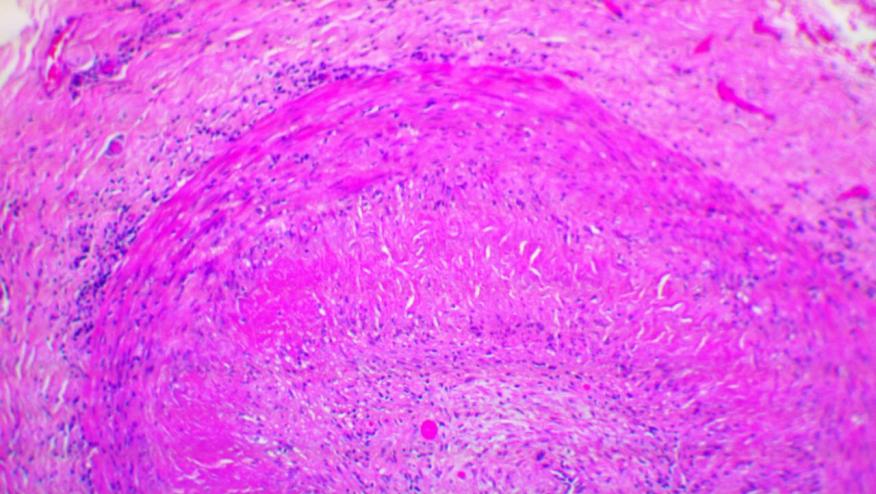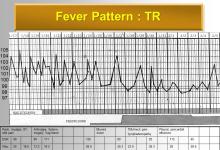Early Promise for Steroid-free Approach for Giant Cell Arteritis Save

A very small study presented at ACR18 looking at tocilizumab monotherapy in patients with a new diagnosis of giant cell arteritis has nevertheless given hope to the tantalising idea that some GCA patients might achieve drug-free remission without steroids, although broader data are required.
Dr. Shuntaro Saito and colleagues from Saitama Medical University and Keio University in Japan prospectively examined eight GCA patients prospectively over 24 months, with the patients receiving a steroid-free regimen of tocilizumab monotherapy limited to 12 months followed by 12 months of observational follow-up.
All eight patients maintained a response at 12 months. Encouragingly, in the following 12 months only two of the patients relapsed and both patients were able to restore response with recommencement of tocilizumab. No patients experienced any ischaemic events attributable to giant cell arteritis, although one patient experienced heart failure at 24 weeks leading to drug cessation while still maintaining drug response. Serial imaging of the aorta did not suggest any vascular changes during the follow-up period.
While any such approach would need to be supported by data from more patients, with long-term follow-up of efficacy and safety, these results allude to a promise of paradigm change in GCA, a disease whose current therapy is blighted by steroid-related morbidity. Tempering this promise is caution regarding inhibition of IL-6 and its presumed vascular effects without the mitigating effect of corticosteroids, and long-term follow-up are required to determine whether the risk of the most feared complications of GCA are prevented, unchanged or enhanced.
Another encouraging feature of these data was the drug-free remission achieved by most patients and the restoration of disease control with recommencement of drug in those who flared. This observation suggests that a treatment algorithm involving cessation of tocilizumab at twelve months might be appropriate in some patients. Further insights from the follow-up data from the much larger GiACTA study will help to shape this paradigm.










If you are a health practitioner, you may Login/Register to comment.
Due to the nature of these comment forums, only health practitioners are allowed to comment at this time.